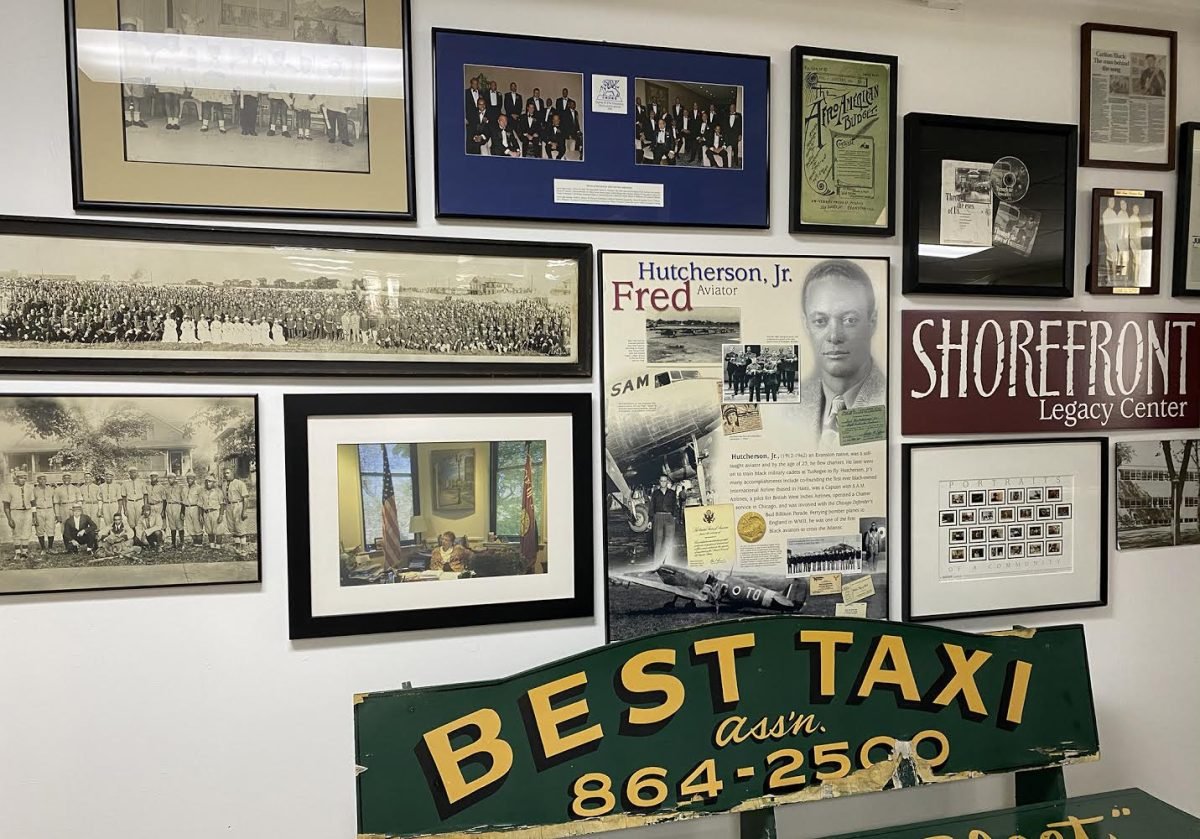While looking into the history and migration patterns of the Black community in Chicago’s North Shore 30 years ago, Shorefront Legacy Center Founder Dino Robinson discovered a lack of information in local historical archives and organizations.
Several years later, Robinson founded the Shorefront Legacy Center alongside a group of volunteers. The archival institution, which is dedicated to preserving Black history on the North Shore, just celebrated its 25th anniversary the week of Oct. 21.
“I just saw that there was a distinct need … that needed to be addressed and went ahead and incorporated my self-interest into a functioning organization,” he said.
Robinson, who served as Shorefront’s executive director until last year, said he is proud of Shorefront’s growth over the years and its efforts to engage the greater Evanston community in its local history. Laurice Bell succeeded Robinson as executive director, assuming the position in January.
Libertyville, Illinois Mayor Donna Johnson was the keynote speaker of Shorefront’s 25th Anniversary Gala last week.
She said she witnessed the center’s work firsthand growing up in Evanston and always admired its commitment to capturing the history of the local Black community.
Johnson said her parents grew up in Evanston during Jim Crow, when the city had heavy segregation laws in place. She noted Shorefront’s efforts to retain the history of the time period has a personal significance.
“If we don’t tell our stories, and we don’t memorialize the legacy that precedes us, then it’s as though it never happened,” Johnson said. “It’s critical for people in these (nonprofits), in terms of their roles, that they memorialize and pass on stories, because you can’t build on things you know nothing about.”
She said the center’s contributions are critical to not just the greater Evanston community, but to the country as a whole.
Bell agreed the center’s impact has extended beyond the borders of Evanston and the North Shore.
“There should be a Shorefront in every city,” Bell said. “That’s what I see for Shorefront. Some people might ask, ‘Why do you not fold into another organization?’ But history tells us that folding into other organizations is not something that keeps our history alive. It often goes to other places to frankly be buried.”
According to Robinson, several communities across the country, including Winter Park, Florida and Omaha, Nebraska have begun modeling their own archival organizations after Shorefront.
Looking ahead toward her tenure as executive director, Bell said she hopes to see organizations like Shorefront in other localities in the U.S.
“I hope that with the work that we’re doing, that it leads to (processing) more collections, that we reach more people, that we build our collections, that we build our relationships and partnerships, that we expand to have our own space where we can have programming and exhibits,” Bell said.
Email: oliviajoung2025@u.northwestern.edu
Related Stories:
— Evanston Public Library digitizes Evanston’s historical newspapers



















